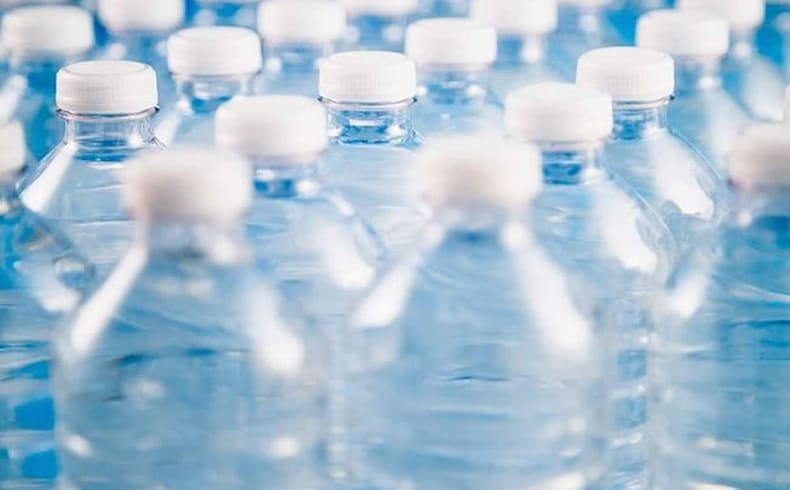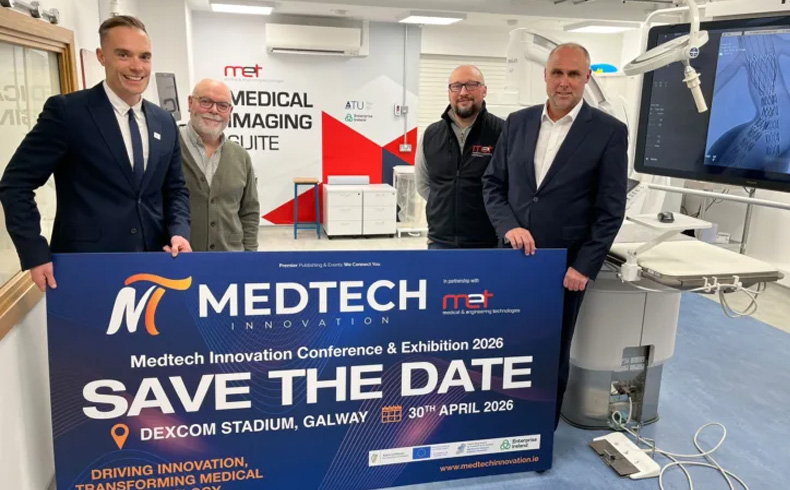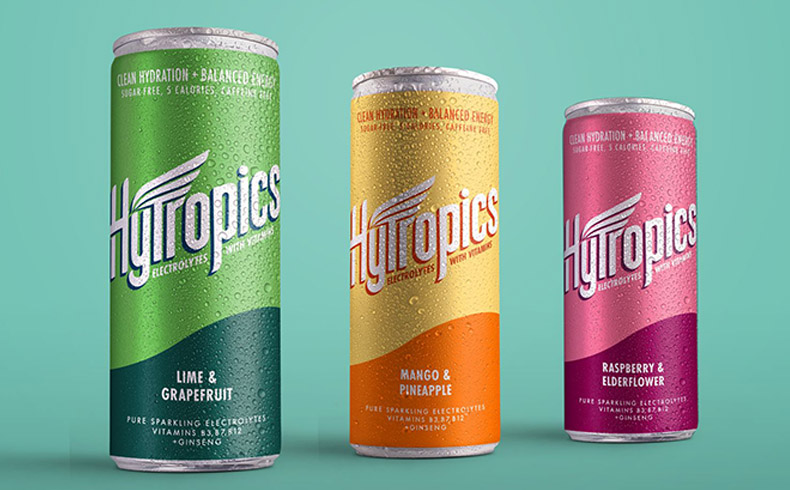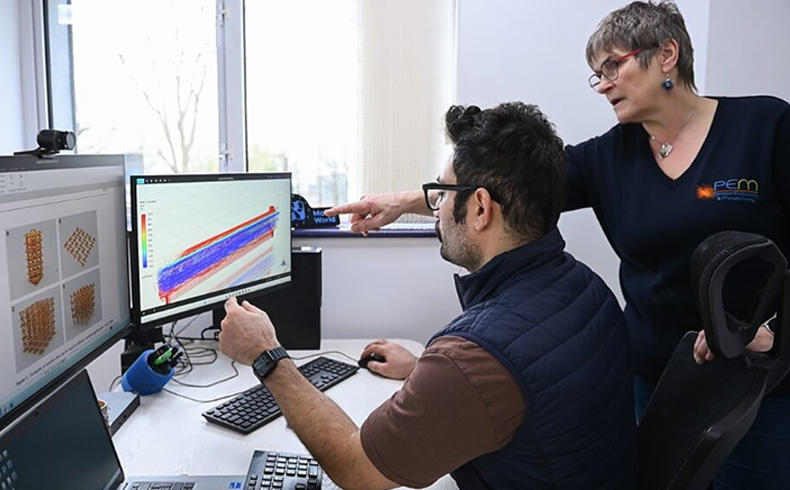Did you know? One million plastic bottles are produced every 60 seconds.
A new plastic bottle collection and recycling scheme has debuted at Athlone Institute of Technology under a green campus pilot initiative intended to educate staff and students about the benefits of appropriately sorting and recycling Polyethylene Terephthalate (PET), a clear, strong and lightweight plastic. Despite the fact that PET is one of the most commonly used materials for packaging food and beverages worldwide, consumer awareness remains low as to its value and how to dispose of it properly and sustainably.
“As a country, we import thousands of tonnes of post-consumer PET every year, but, conversely, we also throw away thousands of tonnes of PET because we don’t realise what it is or how valuable it is. The clear plastic soft drinks bottles used by brands like Coca Cola, Fanta or Pepsi – they are all highly recyclable and can be reprocessed into new products.”
Dr Luke Geever, Technology Innovation Manager at the APT centre in AIT
Per inhabitant, Ireland is one of the top producers of plastic waste in the EU with the majority being exported at a very low cost, landfilled or incinerated, as is the case in most European countries. “This is devastating for the environment and for the economy and by shipping this material out of the country or landfilling, the potential to upcycle the material is lost,” Dr Geever said. “It’s imperative that we start viewing plastic as a valuable natural resource, because when designed and collected properly it can be recycled again and again to make new products.”
To tackle this issue, Dr Geever and his colleagues in the Applied Polymer Technologies Centre (APT), an Enterprise Ireland Technology Gateway dedicated to polymer processing and development, have established several waste repositories in the college canteen to collect the post-consumer PET, before moving it to a store facility to be sold to a processor.
Shabra Plastics, a company that has transformed the Irish recycling landscape through the reprocessing of plastic waste film and post-consumer bottles, has agreed to partner with the college on this innovative project. “We’ve been working with Shabra for the past 10 years, helping them develop standards and processes around their own recycling. They’re the byword for plastic recycling and reprocessing in Ireland and one of the finest recycling plants in Europe,” Dr Crevan O’Donnell, Postdoctoral researcher at APT, said. “We’re delighted to collaborate with them on this project, which we hope will help educate our staff and students – as a microcosm of Irish society – about sustainable plastic packaging solutions and being more responsible in our consumption of plastic.”
According to APT Centre Manager Dr Noel Gately, at the moment when PET is disposed of in a regular household recycling bin, it gets mixed in with other materials which reduces its value because it needs to be sorted and cleaned. “If other materials get in it can affect its quality – the goal is to provide Shabra with as pure a source of PET as possible. If we can control the source of PET – i.e. single use soft drinks bottles – it can be cut into little pieces, cleaned and transformed into little pellets that can be used to manufacture new products,” Dr Gately explained.
Shabra has generously agreed to pay the college per tonne of PET collected, the revenue from which will go back to the students as an added incentive to keep recycling. If the pilot scheme in the college canteen proves successful, the bins will be rolled out across the institute.
Welcoming the news, Dr Declan Devine, Director of the Materials Research Institute, said, “Initiatives such as this are incredibly important in helping educate the public around the plastic lifecycle and the importance of recycling. To put things in context, every year, Europe generates more than 25 million tonnes of plastic waste – less than 30% of that will be recycled. Globally, every 60 seconds – the length of time I’ve been speaking – 1 million more plastic bottles will be produced. We need to move toward a circular plastic economy where the design and production fully respect reuse, repair and recycling needs and more sustainable materials are developed.”
*This article was first published on the AIT website



